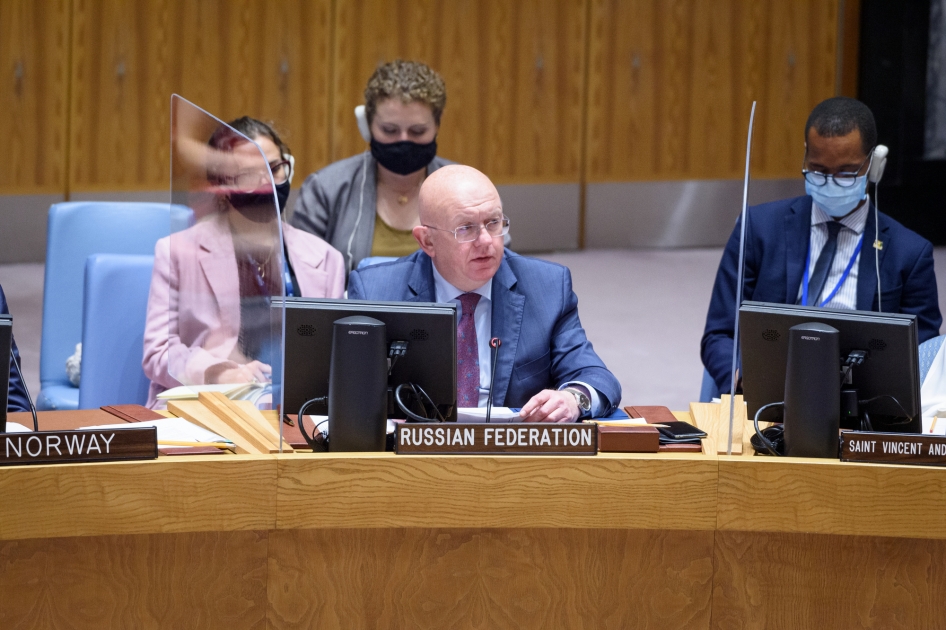Statement by Permanent Representative Vassily Nebenzia at UN Security Council briefing on the situation in Afghanistan
Mr.President,
We thank Special Representative of the Secretary-General and Head of the United Nations Assistance Mission in Afghanistan Ms. Deborah Lyons for her insights and assessments. We assign to UNAMA a key role in coordinating international efforts in that country. We listened carefully to the statement by Ambassador Ghulam M. Isaczai, the Permanent Representative of Afghanistan to the UN. We thank representative of the Afghanistan Independent Human Rights Commission Ms. Shaharzad Akbar for her remarks.
Mr.President,
The deteriorating situation in Afghanistan raises our growing concern. Against the backdrop of withdrawal of foreign troops, the balance of power in the country looks little inspiring.
Incoming reports about escalating tension are truly horrifying. Civilians, including women and children, almost daily become victims of the lasting conflict. Today we learned about the killing of Head of Afghanistan’s government media center. We would like to express our deepest condolences to friends and families of all innocent civilians who were killed in Afghanistan.
Internal political instability of the recent years was conducive to preserving terrorist threat in the country. Over that period, Afghanistan has seen the emergence of “ISIL-Khorasan”, whose terrorist attacks continue to disturb the country. Militants keep sleeper cells in Afghanistan’s north and east, enhance potential in order to sustain their influence in Afghanistan, and expand terrorist activity from Afghanistan to the Central Asian region. Drug production is scaling up at a record pace.
There is a risk of militants infiltrating the region, i.a. disguised as refugees, which cannot but be a matter of concern not only for us, but also for our neighbors from Central Asia. We maintain continuous contact with all five Central Asian states. Cooperation at the level of regional organizations remains demanded as never before – within the CSTO and the SCO, including CSTO Working Group on Afghanistan and renewed mechanism of “SCO-Afghanistan” contact group.
Mr.President,
It is goes without saying that there is no military solution to the Afghan problem. However in the current situation, when the negotiation track lacks progress, the prospects of Afghanistan plunging into a full-scale prolonged civil war seem rather real.
That is why the most important task of today is to launch substantive negotiations promptly.
Russia has done much to give a start to the process of national reconciliation and direct intra-Afghan dialogue. We continue to engage with the two sides. We had talks with an Afghan delegation under the lead of National Security Adviser of the President of Afghanistan H.Mohib in Moscow on 2 July, and also with a delegation from the Taliban’s political office on 8-9 July.
We expect that the next meeting of Troika plus Pakistan to take place in Doha on August 11 will give extra impetus to the peace process.
Consolidation of all international and regional efforts is important now as never before. All steps must be aimed at finding reasonable compromise solutions that would take into account interests of all ethnic and religious minorities. However the question of future political structure of the country can only be solved by Afghanis themselves. The call to be flexible – in deeds rather than in words – should be addressed to all sides. We believe that blame game would hardly be able to promote this task.
Mr.President,
It is the Afghanis who need a united and stable Afghanistan free from drugs and terrorism in the first place. However it is also what the entire region needs, as it is the key to its economic development and well-being.
Thank you.
